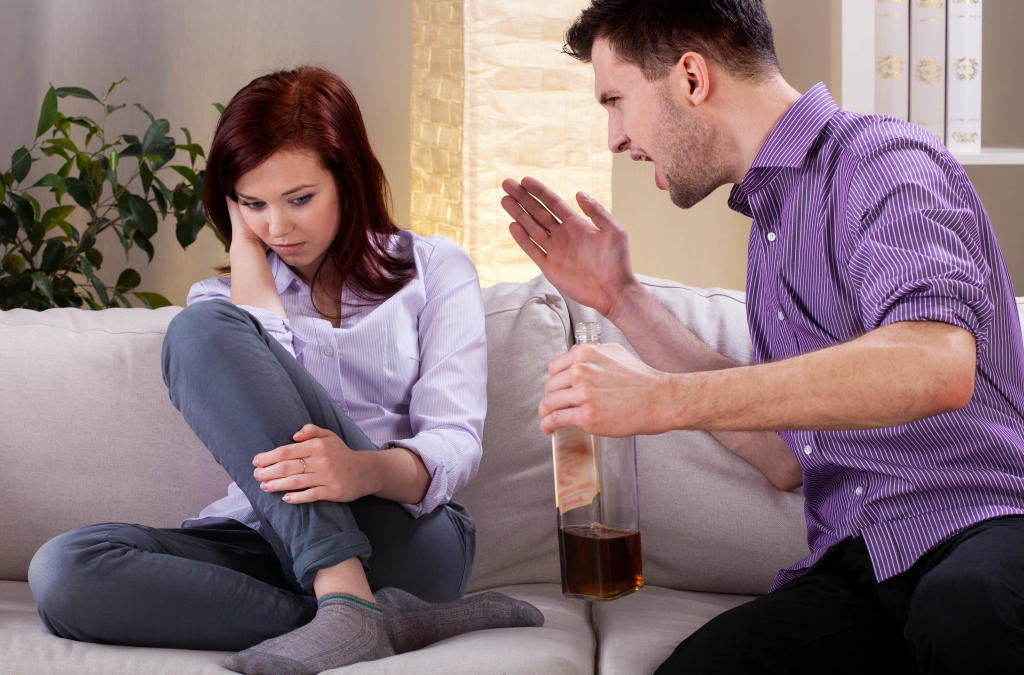The Role of Shame and Guilt in Addiction and Recovery
Nacionalna turistička organizacija Crne Gore nastavlja promociju sjevera u saradnji sa lokalnim turističkim organizacijama.
June 28, 2022Construction in Progress GAAP: A Comprehensive Guide
July 1, 2022You’ll have an improved attitude towards yourself, encouraging you to continue making positive decisions and lifestyle changes. However, if a person does not recognize their responsibility and denies the negative consequences of their actions, guilty feelings may not be enough to influence repairing behaviors. People can get stuck in their shame and view themselves as worthless or undeserving. It’s easy to get caught up in these feelings, and rather than making positive changes, a person may turn to drastic measures for coping with guilt and shame. If you’re struggling with guilt or shame after addiction, outpatient addiction recovery and aftercare programs can make a world of difference.
- While guilt is a feeling that arises from one s actions, shame is feeling bad about oneself as a person.
- In contrast, guilt-prone individuals may be more successful in overcoming addiction, as they tend to take responsibility for their actions and seek ways to make amends.
- Treating oneself with kindness and understanding is a critical component of overcoming shame and guilt.
- Delving into childhood experiences may reveal underlying patterns that perpetuate feelings of guilt and shame, thus aiding in the process of healing.
How to practice gratitude to improve mental well-being
Mindfulness, which is all about being present in the moment, helps you notice your thoughts and feelings without getting overwhelmed by them. Recognizing the impact of these emotions and actively working on them is crucial for staying on track in recovery. “On the other hand, understanding the things that we did in our past — that they don’t have to continue to define who we are — that lets you take control of your own narrative,” Padron said. “We’ve come a long way in understanding that substance use is a disorder, but there still is a lot of shame attached to it because of the label of ‘drug addict,’” Padron said.

How to Overcome the Shame and Guilt of Addiction
A barrage of emotion comes flooding to the surface after being suppressed over years of chemical dependence and numbing. This flood of feelings often arrives alongside clarity surrounding old patterns of behavior. When people https://dev-iphone-16.pantheonsite.io/2025/03/05/peer-pressure-definition-types-examples-7-ways-to-2/ feel guilty or ashamed, they often find ways to punish themselves for their actions or thoughts about themselves.
Why Do People With Addiction Feel Shamed By Society?
Individuals feeling guilt can still recognize their positive qualities and see themselves in a good light. You can think of guilt as a helpful emotion because it helps you behave in agreement with your values and moral code. Finding a therapist specializing in addiction recovery allows a newcomer to confront past behavior with gentle understanding. Also sets the stage for success when facing the heavy weight of guilt. People might prefer to keep quiet because they feel like they don’t have a place to share their voices or experiences. They may feel as if they’re undeserving of help and will attempt to hide the truth from their loved ones.
What Is the Difference Between Shame and Guilt?
Negative emotions such as guilt and shame create stress, which increases the likelihood of relapse. A previous study found a coefficient between shame and continued drug use, particularly in military samples. A current study suggests that levels of shame directly impact depression in individuals with alcohol addiction. High scores on shame correlate with negative behaviors and suicidal ideation. Shame, however, is a more intense painful emotion linked to self-worth.
Having the right people around you can make a significant difference in your journey towards sobriety. All of these strategies have been thoroughly researched and have proven to be successful in helping individuals cope with shame and guilt during addiction recovery. So, let’s get started on how to implement these practices in your recovery journey. Breaking out of this cycle involves therapeutic work to challenge negative beliefs, foster self-compassion, and rebuild self-image. Recognizing that feelings of shame are often rooted in past experiences rather than current realities is crucial for healing.
The stigma and fear of how others will view them can prevent a person from reaching out to a medical professional for treatment or being truthful about their addiction. It’s essential to distinguish between these emotions because they can inform our future actions and provide motivation for change and self-improvement. For example, if you say something hurtful to a family member over dinner, you may feel guilty for hurting their feelings and ashamed that you behaved this way. The 5th step emphasizes the importance of bringing God, or a Higher Power, into the healing process. This act of surrender allows us to release the shame and guilt we’ve carried, trusting that we are forgiven. By inviting God into the process, we experience grace and compassion—both of which are essential for moving forward.
By recognizing and owning one’s actions, individuals can pave the way for deeper healing. While guilt focuses on specific actions, shame internalizes the negative perception. Someone experiencing feelings of guilt may think “I did something bad”, whereas someone experiencing feelings of shame may think “I am bad”. Individuals grappling with guilt and shame in recovery addiction frequently experience guilt for a variety of reasons. Their behaviors often lead to harm not just for themselves, but also for their loved ones, causing significant distress and feelings of shame.

Remember that guilt and shame become a vicious cycle when we try to hide the wrongs we have done. One way to get out of the cycle is to own up to what we have done. Taking responsibility for the wrongs we have committed is a part of maturing and growing as a person. Admitting that you have made mistakes and done something wrong stops the cycle and frees us from our prison of guilt and shame. You can face your wrongs and take responsibility by verbalizing what you have done and preparing yourself to accept the consequences.
- CBT assists individuals in identifying and challenging distorted and negative beliefs about themselves, fostering healthier self-perceptions.
- People prone to feeling bad about themselves often develop substance use problems or revert back to using substances to avoid feelings of shame.
- It can motivate individuals to improve relationships and rebuild trust.
- Self-forgiveness is a powerful tool for overcoming debilitating shame, especially for individuals who have experienced trauma or abuse.
We are often physically numb depending on the substance of choice, but our emotional and mental capacities are numbed as well. This is because addiction is cunning, baffling, and powerful, and the only thing addiction wants you to focus on is when you are going to get your next drink or drug. Dr. Small’s professional experience encompasses General Psychiatry, Addiction Psychiatry and Family Medicine. These compassionate services are reliable, responsive, personable, and evidenced based. Most of the team providers carry multiple board certifications in psychiatry, alcohol rehab addiction medicine and family medicine.
